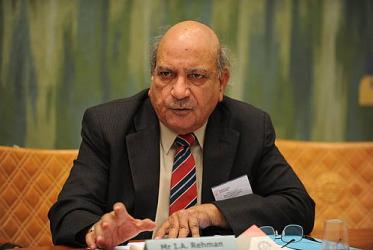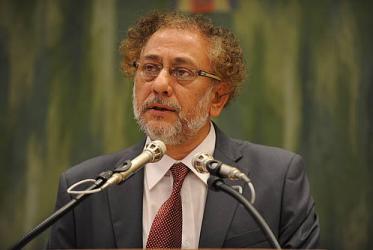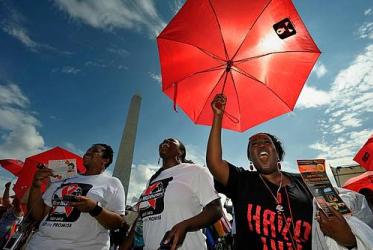Displaying 3081 - 3100 of 3647
WCC public hearing debates “misuse of blasphemy laws” in Pakistan
17 September 2012
WCC adopts statements on contemporary public issues
12 September 2012
Myanmar churches encouraged in peace building
05 September 2012
Central Committee wants safe communities for women and men
04 September 2012
Churches pray and care for creation
30 August 2012
Altmann affirms signs of hope in the ecumenical movement
29 August 2012
Tveit reports on churches’ work for justice and peace
29 August 2012
WCC expresses sorrow over death of Abune Paulos
16 August 2012
40 days – no emissions? Swedish urbanite lives the concept
14 August 2012
Women in inter-religious dialogue in Indonesia
31 July 2012

















